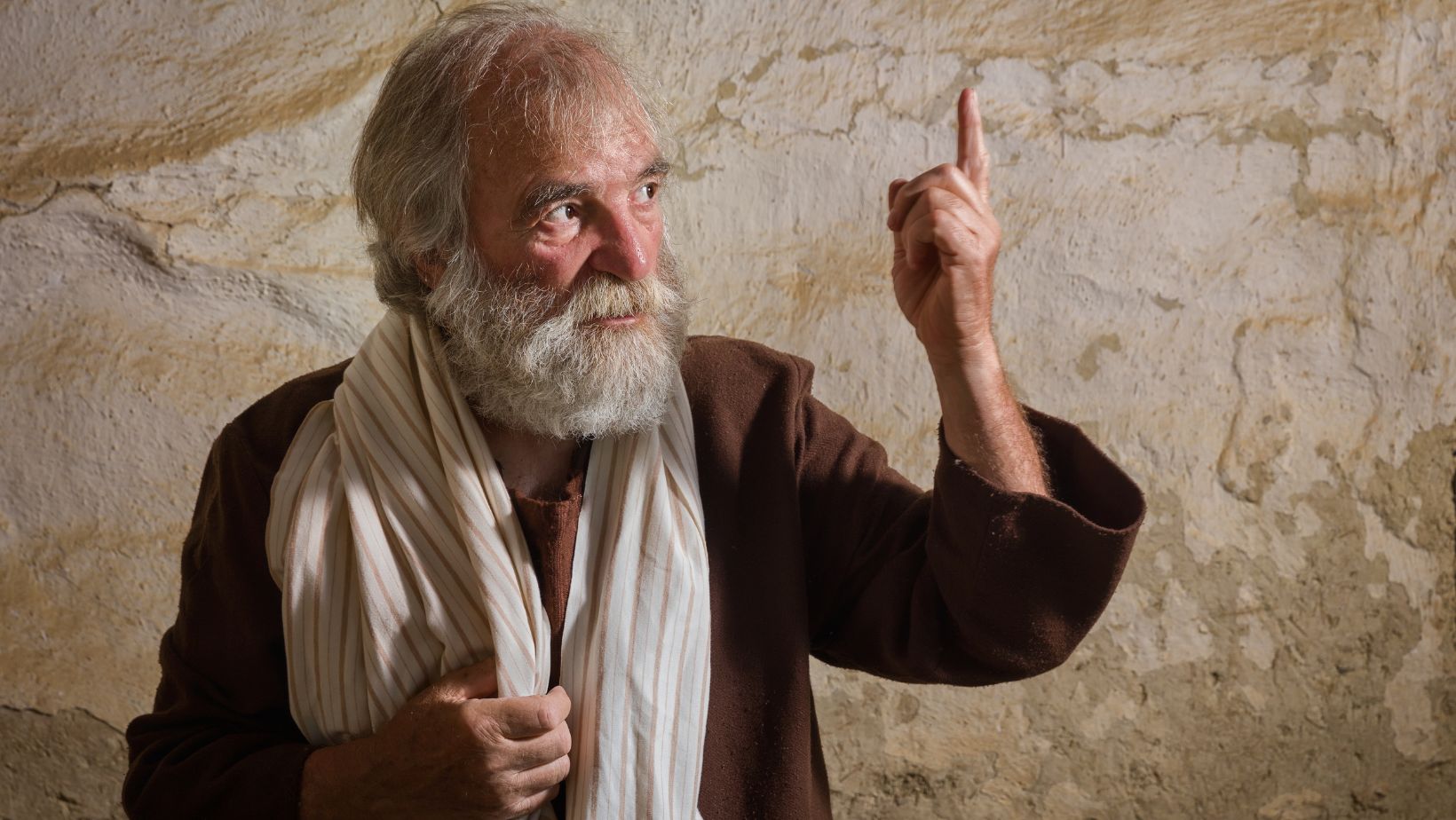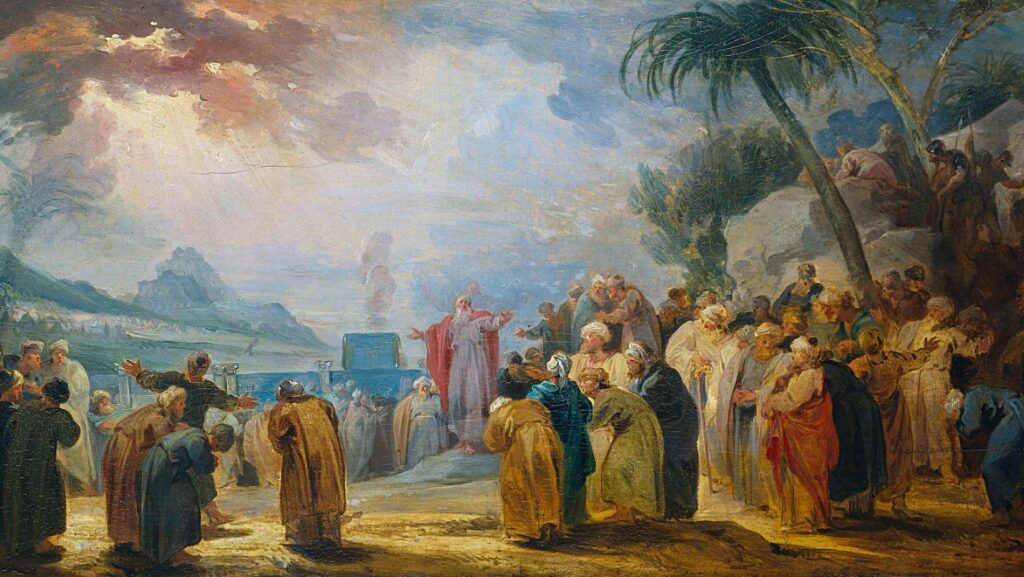Why Did Elijah Pray for No Rain for 3 Years
As an expert on biblical history and theology, I often find myself pondering the reasons behind certain actions and events described in the scriptures. One such intriguing moment is when the prophet Elijah prayed for no rain for three years. It’s a perplexing decision at first glance, but upon closer examination, it becomes clear that Elijah had a profound purpose behind his prayer.
In the Old Testament, specifically in 1 Kings 17:1, we learn that Elijah approached King Ahab and boldly proclaimed that there would be no rain or dew in Israel until he said so. This may seem like an unusual request, but it was actually a divine response to the prevailing idolatry and wickedness of the Israelites during that time.
Elijah’s prayer for drought served as both a judgment and a call to repentance. The lack of rain symbolized God’s displeasure with His people’s disobedience and their turning away from Him to worship false gods. By withholding water from the land, Elijah sought to awaken their hearts to recognize their sinfulness and turn back to Yahweh—the one true God.
In essence, Elijah’s prayer for no rain for three years was not merely an act of punishment but rather an opportunity for redemption. Through this drastic measure, he hoped to stir up a collective realization among the Israelites that they needed to return to God wholeheartedly. In my further exploration of this topic, I’ll delve deeper into how this event unfolded and its significance within biblical context.
Stay tuned as we unravel more insights into why Elijah chose such an unconventional method to convey God’s message of repentance and restoration amidst spiritual waywardness in ancient Israel.

Elijah’s Prayer for No Rain: A Biblical Account
In the biblical account, we find Elijah, a prophet of God, praying for no rain for a period of three years. This extraordinary act was not without purpose and significance. Let’s delve into the details and understand the reasons behind Elijah’s prayer.
- The Background:
During Elijah’s time, Israel had fallen into idolatry and turned away from worshiping the true God. King Ahab and his wife Jezebel had introduced the worship of Baal, a false deity, which led to widespread corruption and disobedience among the people.
- The Divine Command:
In response to this rebellion, God commanded Elijah to deliver a message to King Ahab that there would be no rain or dew in the land until further notice (1 Kings 17:1). This pronouncement served as both punishment for their idolatry and an opportunity for repentance.
- Symbolism and Spiritual Significance:
The absence of rain symbolized God’s judgment upon His people and their reliance on false gods. In agricultural societies like ancient Israel, water was crucial for survival as it sustained crops, livestock, and human life itself. By withholding rain, God aimed to expose the futility of worshiping idols and awaken His people to their need for true repentance.
- Testing Faith:
Elijah’s prayer for no rain also served as a test of faith for both himself and the nation of Israel. It required unwavering trust in God’s provision amid scarcity. Through this test, Elijah demonstrated his complete dependence on God as he sought to fulfill His commandments faithfully.
- Prophetic Message:
The prolonged drought conveyed a powerful message to the people that their sins had consequences and that only through genuine repentance could they hope for restoration (James 5:17-18). It challenged them to turn away from false gods and return wholeheartedly to the worship of the one true God.
In conclusion, Elijah’s prayer for no rain for three years was a pivotal event in biblical history. It served as a divine judgment against idolatry, a test of faith, and an opportunity for repentance. Through this act, Elijah demonstrated his obedience to God’s commandments and highlighted the importance of following Him wholeheartedly. This account reminds us of the consequences of straying from God’s path and emphasizes the need for sincere repentance and unwavering faith in our own lives.









